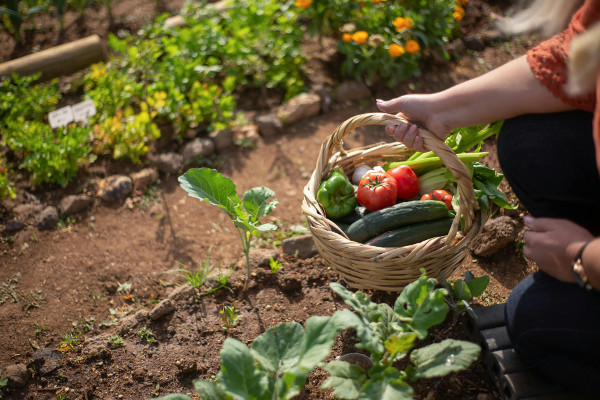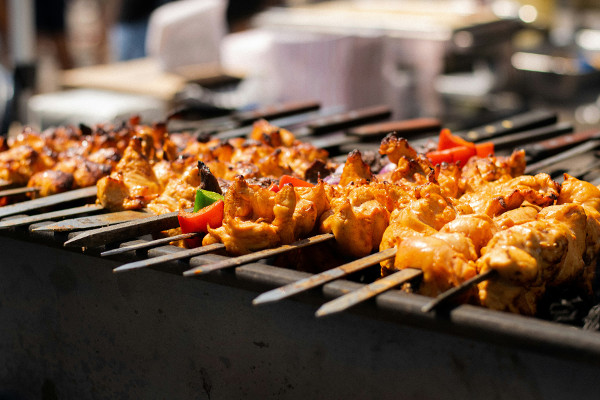Supporting Local: The Economic Benefits of Shopping at Farmers' Markets
Farmers' markets aren't just about tomatoes and sourdough bread. They're a reminder that in a fast-paced, globalized world, we still have the option to slow down and make choices that connect us with real people, real places, and real food. They're simple, yes, but surprisingly powerful.
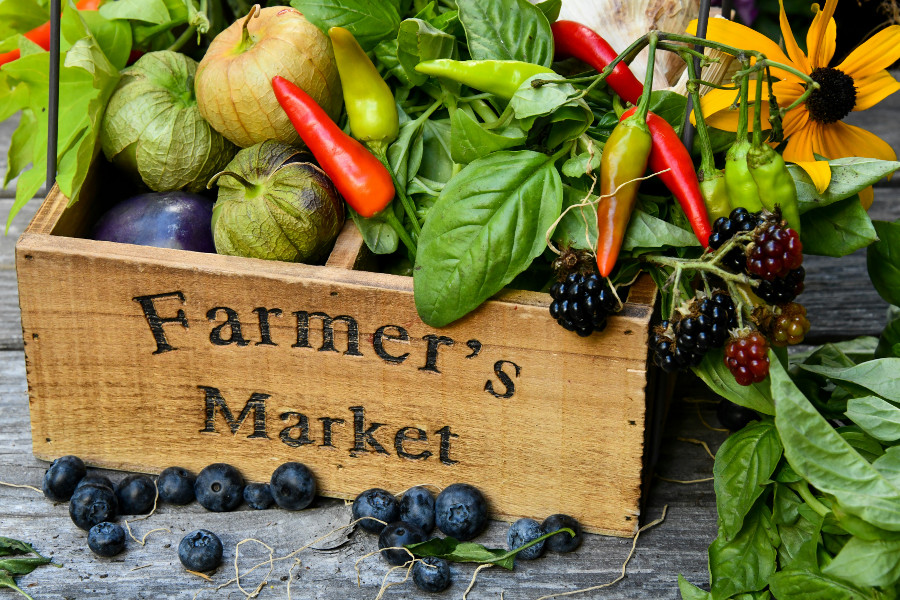
In today's society, it's easy to feel disconnected from the origins of the things we consume, especially our food. Supermarkets offer convenience, but they often hide the true cost of mass production, long supply chains, and industrial farming. It's no wonder more and more people are turning to farmers' markets, not just for freshness, but for a different kind of experience. One that feels more personal. More intentional. More rooted.
There's a growing awareness that the way we spend our money matters. And farmers' markets offer an easy, accessible way to support local businesses, strengthen the economy in your own town or neighborhood, and become part of a healthier, more resilient food system.
So how exactly does buying a few carrots at the Saturday market support your local economy? And why does it matter now more than ever?
What is a local economy and why should we care?
A local economy is, in essence, the network of people and businesses that live, work, buy, sell, and trade within a shared area, your city, your town, or even your neighborhood. Unlike global supply chains, which stretch across continents, local economies are built on short distances, personal connections, and a sense of community.
When you shop at a chain supermarket, a significant portion of what you spend leaves your town almost immediately. It travels to corporate headquarters, shareholders, or distant suppliers. But when you buy a basket of apples from a local farmer, that money tends to stay close. It might help pay for farm tools bought at the local hardware store. Or go toward a local kid's dance lessons. Or be spent at the café down the road.
This is what economists call the local multiplier effect. Basically, money spent locally keeps circulating locally, and that's good for everyone.
Small businesses, big impact
Many of the vendors you meet at farmers' markets are running small businesses, often family-run, sometimes even solo ventures. These are people who wake up early, work with their hands, and build their livelihoods one customer at a time.
Farmers' markets are a great place for these kinds of businesses to start. Unlike opening a shop or selling to a large retailer, selling at a market doesn't require huge investments or complicated logistics. A small jam maker, soap crafter, or microgreen grower can test their products, connect with customers, and grow slowly and sustainably.
You'd be surprised how many beloved local brands started with a folding table and a single market stall.
When you buy from these vendors, you're not just purchasing a product, you're directly supporting someone's dream. That money doesn't vanish into a faceless system. It lands right where it was earned, and it stays in the community.
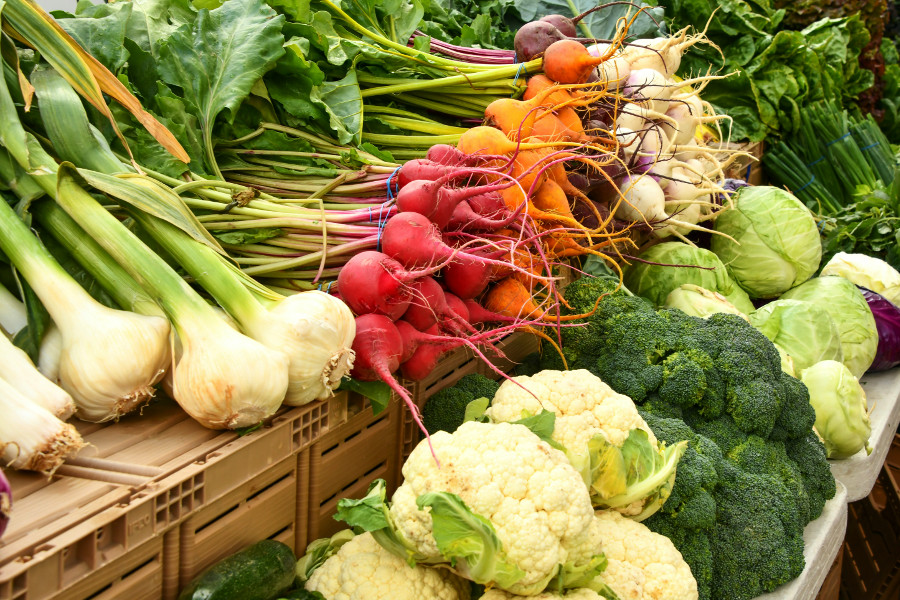
Real jobs, not just weekend hobbies
It's easy to think of farmers' markets as charming side gigs. But for many people, they're serious sources of income, and employment.
Small farms, food producers, and artisan makers rely on markets as a major sales channel. And beyond the farmers themselves, these markets create ripple effects: someone needs to organize the stalls, manage permits, transport goods, print signs, and promote the event. There are opportunities for seasonal and part-time work, especially for young people and retirees looking to stay active.
Compared to industrial agriculture, which often automates jobs or moves them far from the consumer, local markets tend to employ more people per dollar earned. And those jobs stay in the area.
Keeping money where it belongs
One of the biggest benefits of farmers' markets is that they help keep wealth in the community.
Let's say you spend $20 at your local market. That money goes to the farmer, who might then use it to pay their workers, buy supplies from a nearby store, or support other local businesses. If you spent that same $20 at a big-box store, a smaller portion would stay local, and much of it would head off to national chains or corporate shareholders.
Over time, these small choices add up. Towns with strong local economies often have more vibrant main streets, more active community life, and more resilience when times get tough.
And during crises, like the COVID-19 pandemic or extreme weather events, farmers' markets often prove more adaptable than long, fragile supply chains.
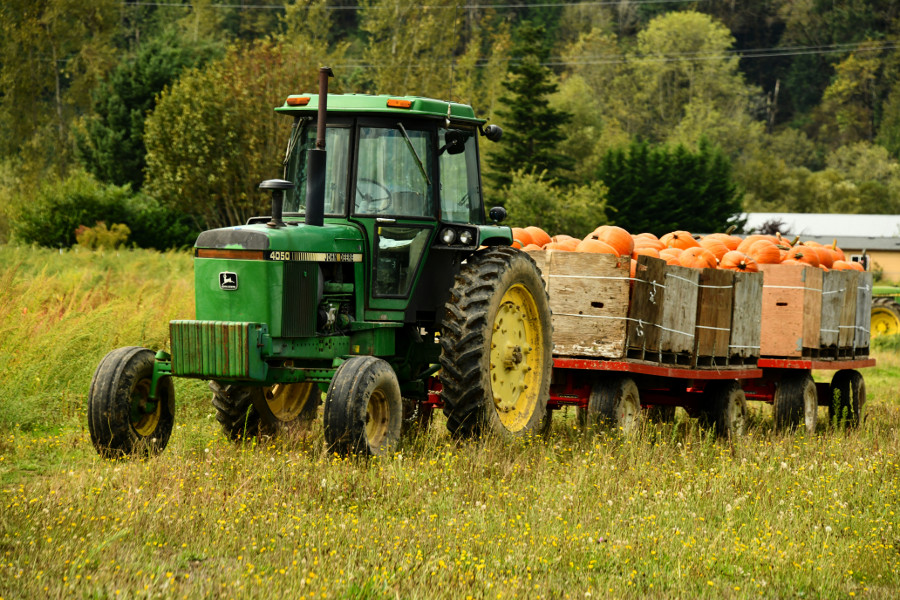
Markets that hold communities together
We don't often think of shopping as an act of connection, but at a farmers' market, it can be.
These aren't just places to buy food. They're meeting points. They host musicians, local nonprofits, and pop-up events. They're where neighbors run into each other, kids learn where food comes from, and people start to feel more rooted in their community.
Economic benefits aren't just measured in dollars. They also show up in quality of life, and farmers' markets score high on both fronts.
A little policy support goes a long way
Farmers' markets don't thrive in a vacuum. They often need support, especially in underserved areas or regions where fresh food is hard to access.
Thankfully, there are programs out there that help. Government initiatives like SNAP (Supplemental Nutrition Assistance Program) and WIC (Women, Infants, and Children) offer benefits that can be used at many markets. Some cities and nonprofits even offer “double bucks,” where low-income families get twice the value when buying fruits and vegetables at a market.
These programs don't just help people eat better, they help local economies grow. Every dollar invested tends to go directly to small farmers and producers, who, in turn, reinvest it locally.
Check out the National Farmers Market Directory in the US, here >> (US Local Food Portal).
Why your choice matters
It's easy to feel powerless in a world of big business and global trade. But where you choose to shop still makes a difference.
Every time you visit your local farmers' market, you're doing more than just picking up a few fresh ingredients. You're supporting someone's livelihood. You're investing in your town's future. And you're helping create a more fair and sustainable food system.
It's not about being perfect or never shopping at a grocery store again. It's about choosing, whenever you can, to keep your dollars close. To know who grows your food. And to be part of a movement, quiet, simple, and powerful, that's building stronger communities one market day at a time.

